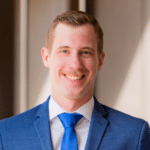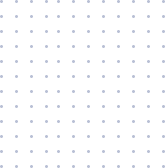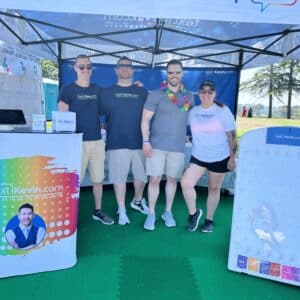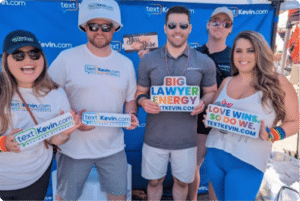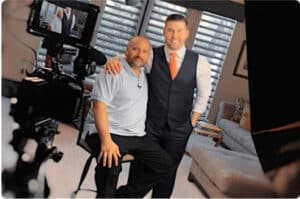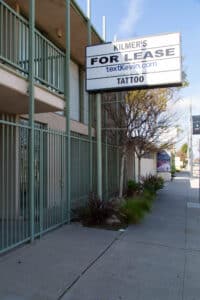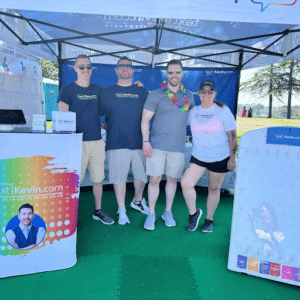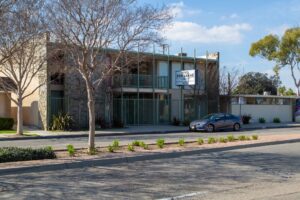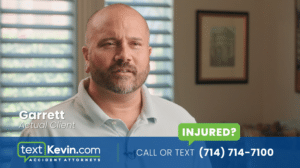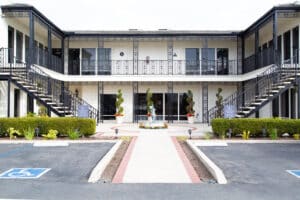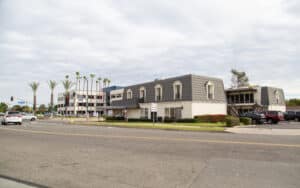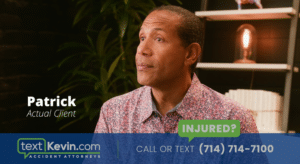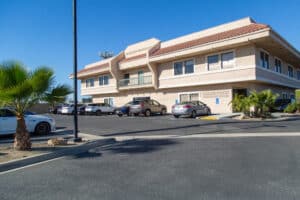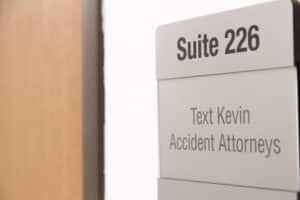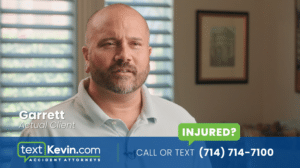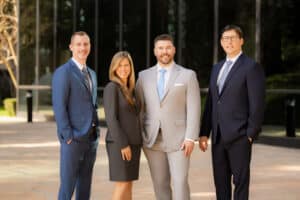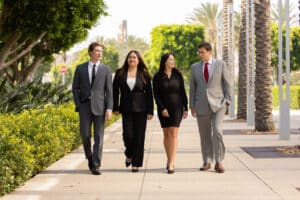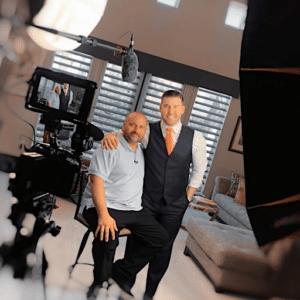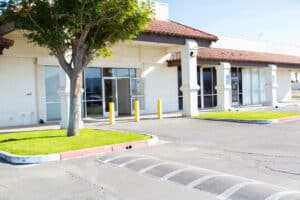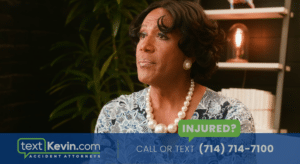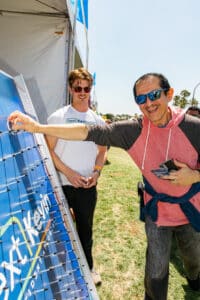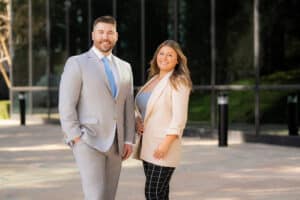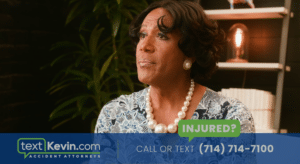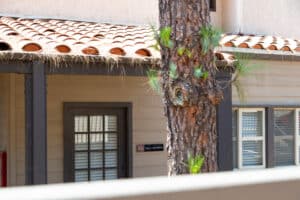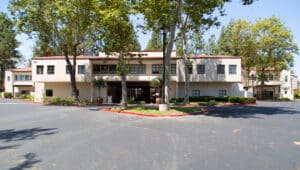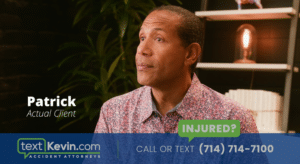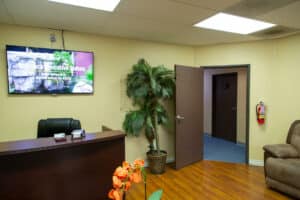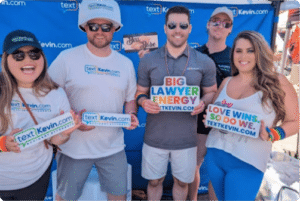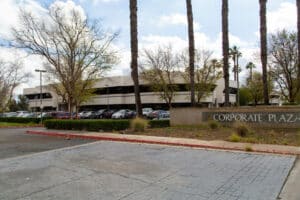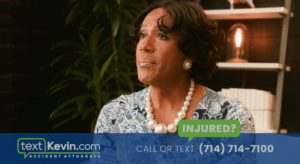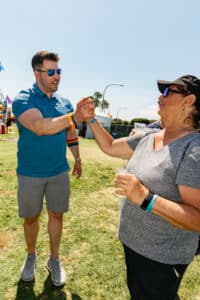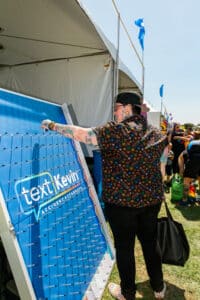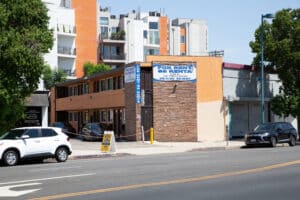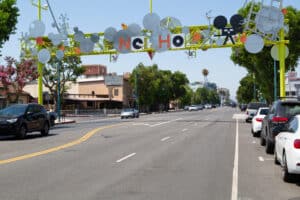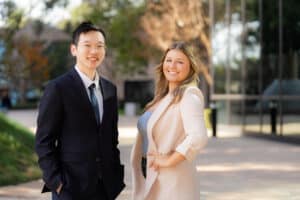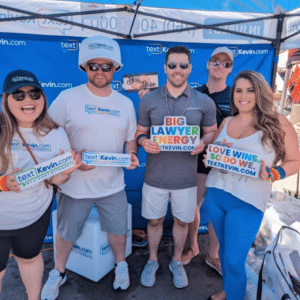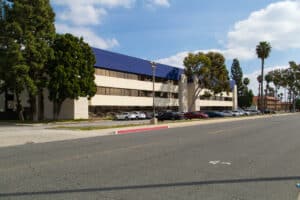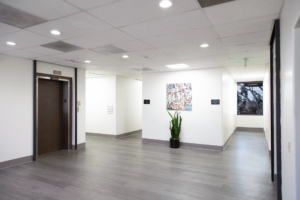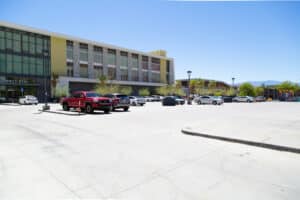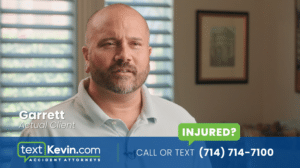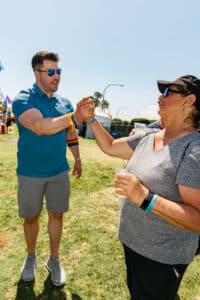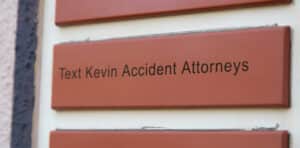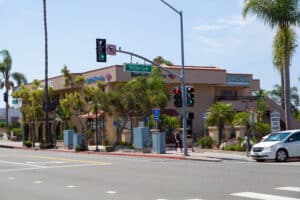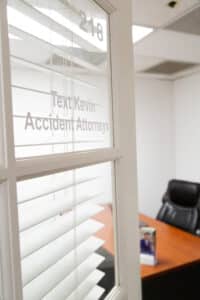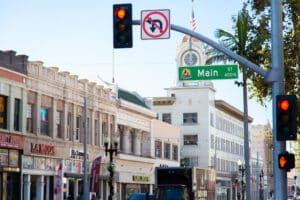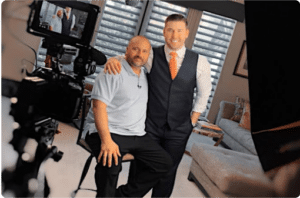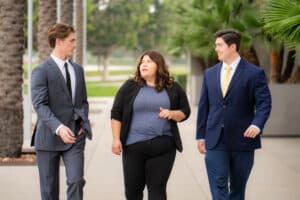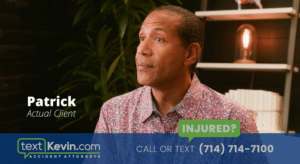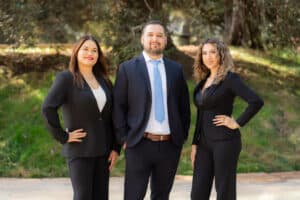The loss of a family member or close loved one is one of the most devastating events that a person can go through. These unfortunate events can be made even worse when that death was caused by the negligence of a third party. Whether it’s a hospital, a senior care facility, or a commercial driver; it’s not uncommon for the actions of a person, company, or organization to result in the death of someone who still had plenty of life ahead of them.
Here at Crockett Law Group, we fight on behalf of clients who have had to suffer through these hard times. Our Desert Hot Springs wrongful death lawyers fight to prove who is at fault when a wrongful death occurs. And we fight so that everyone involved is compensated for their suffering. No company, big or small, should walk away from causing a wrongful death without admitting fault and making necessary compensations.
We understand that dealing with a legal battle shortly after the death of a loved one isn’t exactly ideal. But that’s why we are here to handle most of the legal work on your behalf. There are many benefits to working with our firm. We help:
- Build your legal case
- Determine the value of your case
- Determine and prove fault
- Negotiate with insurance companies
Don’t wait to take call an expert Desert Hot Springs personal injury attorney and file your claim. The sooner you begin working with an attorney the easier it will be to get the compensation that you deserve. Pick up the phone and call our office today at (888) 965-3827 to schedule a free consultation.
How Is Wrongful Death Defined In The State of California?
The definition of wrongful death does not vary much from state to state. However, the specific laws and regulations relating to wrongful death may differ across state borders. In California, a wrongful death occurs when a person’s death is considered the fault of another person or legal entity. The most common legal examples of wrongful death include:
- Intentional criminal acts
- Negligence
- Medical malpractice
Most wrongful death cases fall under the same branch of laws that cover personal injury. And just like personal injury cases, wrongful death is quantified in terms of damages. The plaintiff receives financial compensation to cover these damages. Our job as wrongful death attorneys is to determine the extent of these damages and thus the compensation that you are owed in turn. We then fight on your behalf to make sure the responsible companies pay the amount we have determined.
A wrongful death case should not be confused with a criminal homicide case. Though, it is possible for a defendant to be involved in a wrongful death lawsuit and a criminal case regarding the same incident. A defendant may be acquitted of the criminal case but still found liable in a wrongful death case.
One of the major differences between the two is that we are not required to establish “guilt beyond a reasonable doubt” as is required in a criminal case. Instead, we must prove liability with significant evidence. This means that the evidence must show that is more likely than not that the defendant is liable for the wrongful death. We will cover more information on liability and negligence below.
Who Is Qualified To File A Wrongful Death Claim In California?
Many potential cases are never filed because clients are unaware that they are able to file wrongful death claims. One of the questions we are asked most often is “Am I allowed to file a wrongful death claim?” in regards to a specific person.
California law is very clear in regards to this subject. Specifics can be the California Code of Civil Procedure § 377.60. There are three major groups.
The first group is the surviving spouse, partner, and children. These people are immediately able to file for a wrongful death suit. If there is no surviving spouse or children, then members of the second group can file a claim.
The second group includes dependents of the deceased. This can include stepchildren, putative spouses, and parents. Working in this group is slightly more complex and requires additional legal work. Yet another reason to contact our firm immediately for assistance with the claim.
The third and final group includes any minor that resided with the deceased for at least 180 days prior to the wrongful death. The minor must have been considered a dependent who required income from the deceased for at least fifty percent of their expenses. Again, this can be a difficult matter to prove in court, but that does not make these individuals any less deserving of compensation.

What Types Of Damages Are Recoverable?
Any sort of financial loss that is a result of wrongful death is classified as “damage.” The Judicial Council of California Civil Jury Instructions document number 3921 classifies damages as either economic or non-economic. This is similar to damages involved in a personal injury lawsuit. In most cases, a plaintiff will file for damages in both categories.
Economic Damages
These are losses that are easily quantified with a dollar amount. The most obvious example is the loss of financial support that was contributed by the deceased. If the deceased was the head of household who paid the majority of bills and other expenses, then their death will have resulted in significant economic damages. Future support that would have been provided by the deceased is calculated according to present-day cash values.
Another example of economic damages includes the loss of gifts, benefits, and household services that the deceased would have provided. If they regularly provide gifts or household services and this can be shown with evidence, then it’s very likely you can qualify for these losses.
Finally, any expenses that accumulated because of the wrongful death will fall into this category. The most obvious example will be burial and funeral expenses. A funeral is rarely a cheap endeavor and it makes sense that the responsible party makes an effort to cover these expenses.
Non-Economic Damages
This type of damage is not as easily quantified because there is no clear dollar sign. These damages are also harder to prove during a lawsuit. That’s why it’s imperative to hire experienced lawyers with plenty of experience handling wrongful death cases in California. We understand what a judge looks for when reviewing non-economic damages and what documents might be required to make the claims easier to substantiate.
Some examples of non-economic damages include:
- Loss of love and companionship
- Loss of enjoyment or intimacy
- Loss of guidance
Can Surviving Family File For Punitive Damages?
Punitive damages are awarded as a form of punishment toward the defendant rather than compensation for any specific loss. These types of damages are rarely awarded except in circumstances where the defendant has acted with reckless disregard for the safety of others. They are also enforced in cases where the defendant has made the same mistake on multiple occasions.
Since this is a form of punishment rather than compensation the surviving family does not directly file for punitive damages. Punitive damages are always given in addition to other damages and are never awarded on their own. The amount possible for punitive damages cannot exceed 400 percent of the compensatory damages.
How Is Negligence Proved In A Wrongful Death Case?
The majority of wrongful death cases we handle are a result of negligence. Obtaining sufficient proof of negligence is one of our main priorities. In California, there are four key components involved with proving negligence.
- Proving that the liable party had a duty of care to the victim.
- Proving that the liable party violated this duty of care.
- Showing that the violation of duty of care is what resulted in the death of the victim.
- Proving that the death caused by the violation resulted in the financial damages you are seeking compensation for.

How Do You Start A Wrongful Death Claim In California?
A wrongful death lawsuit can be a long and difficult process in California. Luckily, most of the work rests on the shoulders of the legal experts you choose to represent you. Perhaps the easiest part of the entire process is getting the claim started. Without you taking the time to get the case started we cannot move forward with establishing liability or proving negligence.
The first and most important factor to consider is the statute of limitations. In California, wrongful death cases have a statute of limitations of two years. This means that you must begin the process of filing the claim within two years of the wrongful death. But, of course, we do not recommend waiting this long. The sooner you begin the process the easier it will be.
To begin filing your claim all that you need to do is contact our office. We will provide you with a free consultation and gather all of the details needed to begin the claims process. There will likely be extra input required along the way but we will work with you at every step of the way to make it as simple as possible.
What Is The Difference Between A Wrongful Death Claim And An Estate Claim?
In California, an estate claim known as a survival action lawsuit may also be filed. This type of lawsuit differs from a wrongful death claim in that the damages are compensated on behalf of the estate of the deceased rather than a surviving spouse or child. Survival action lawsuits generally seek compensation for economic losses related to medical bills and funeral expenses. They may also be awarded punitive damages similar to a wrongful death claim.
Contact a Desert Hot Springs Wrongful Death Lawyer
California law is a confusing and evolving landscape. At Crockett Law Group, we strive to guide our clients through this landscape towards a settlement that provides the most benefit. That includes compensation for economic losses as well as non-economic damage like loss of time and companionship.
We know that this compensation will do very little to ease the pain of losing a loved one but we hope you can find some peace in knowing that the responsible parties do not walk away without paying for their mistakes. If you’re interested in filing a wrongful death lawsuit, then pick up the phone and call us today at (888) 965-3827.







